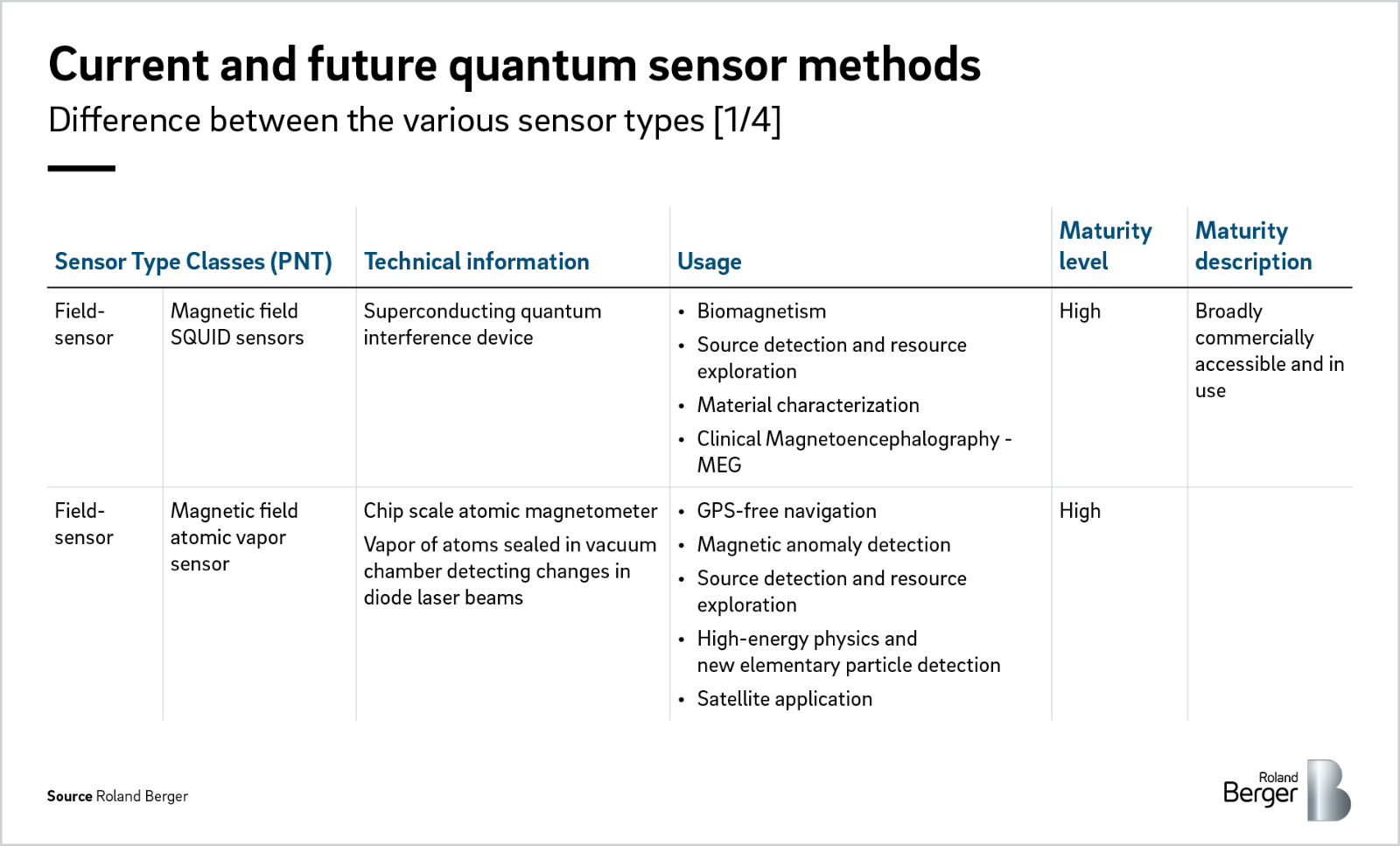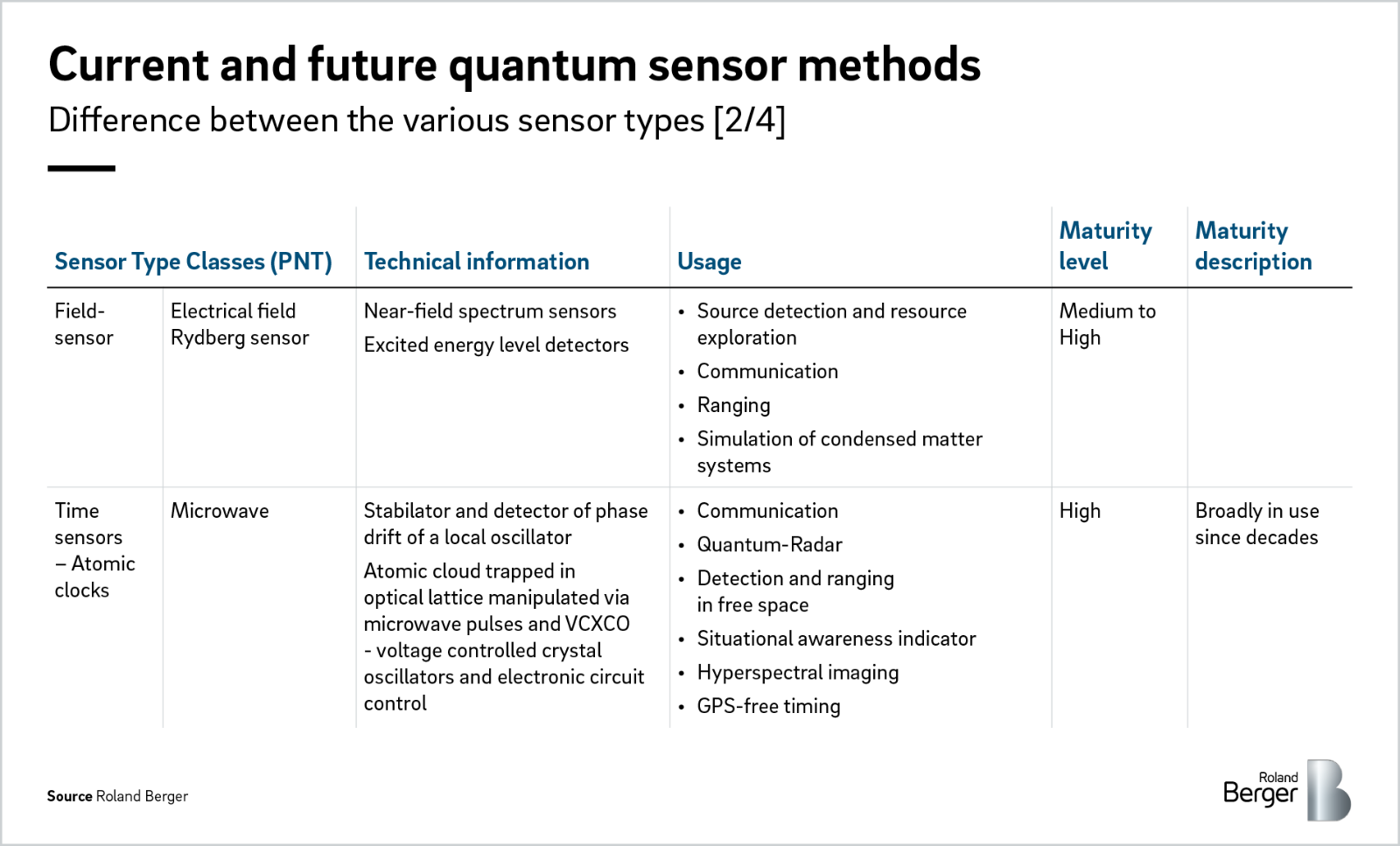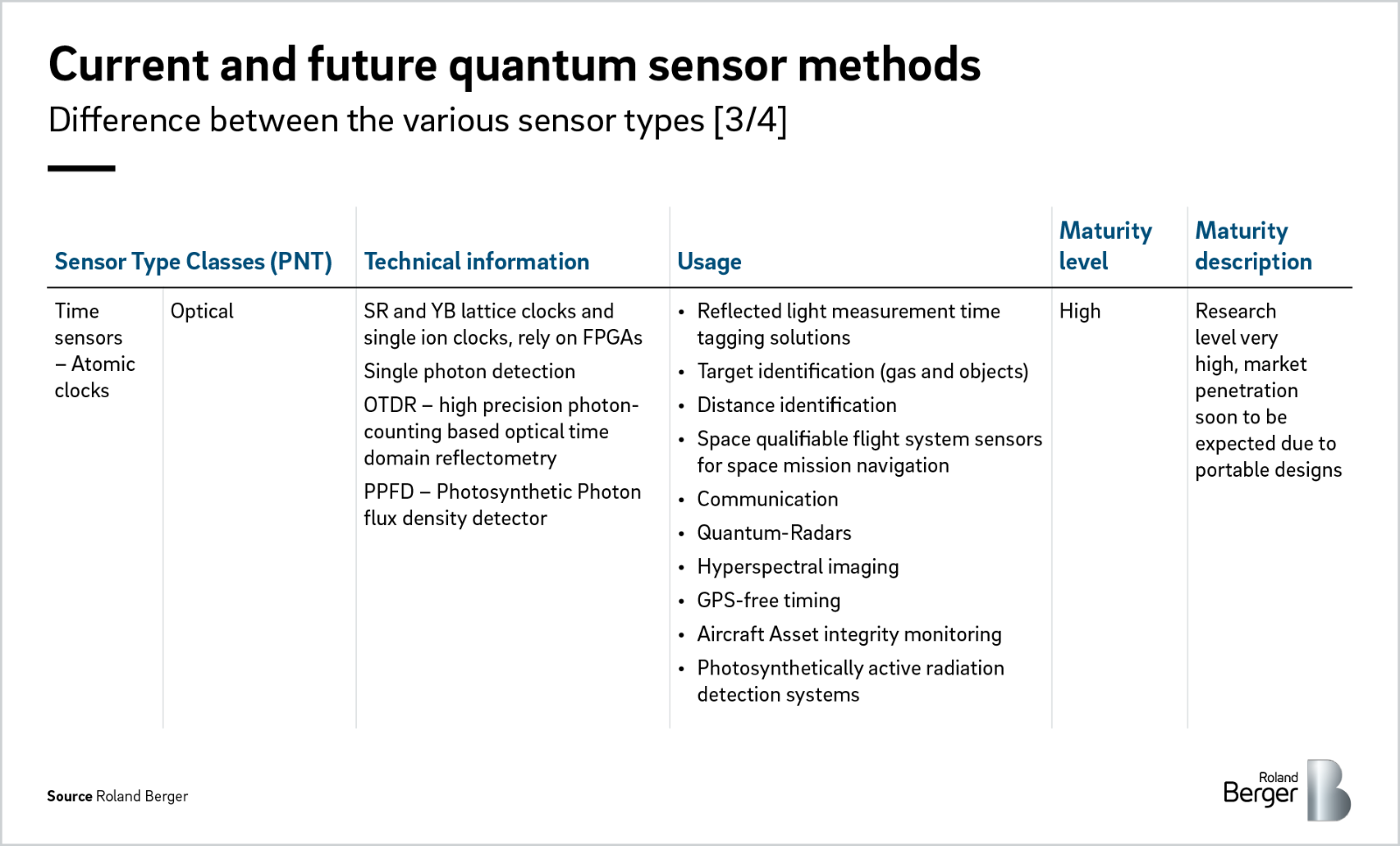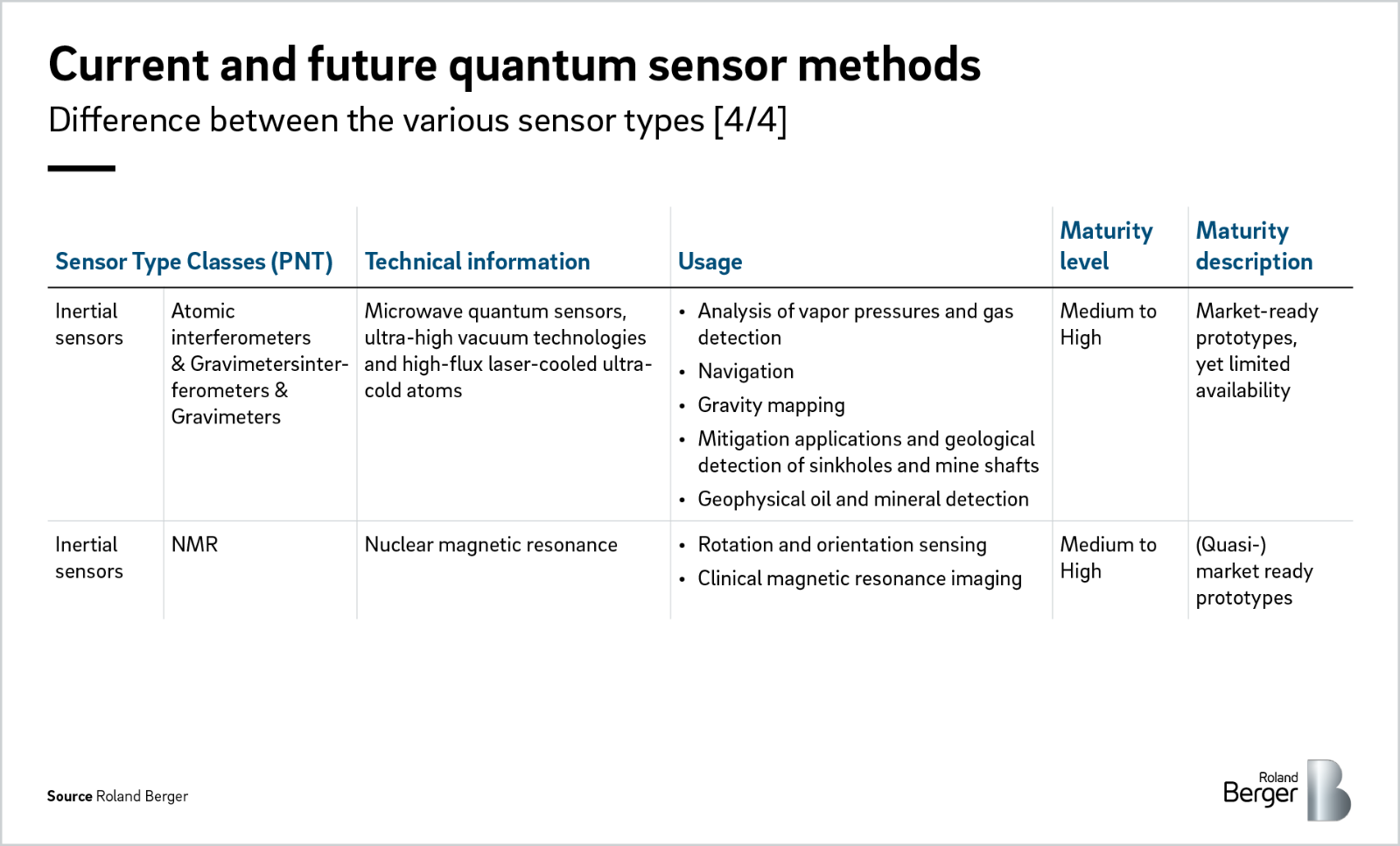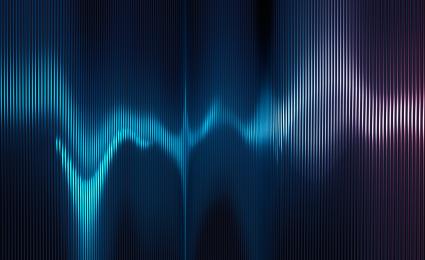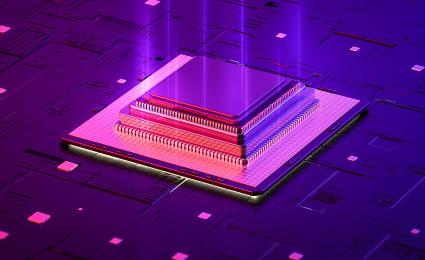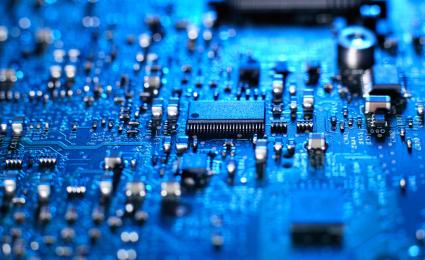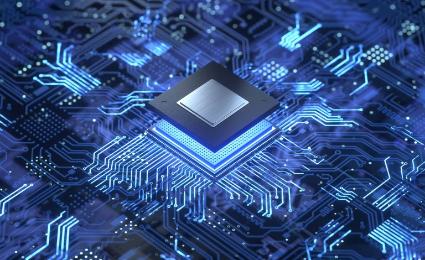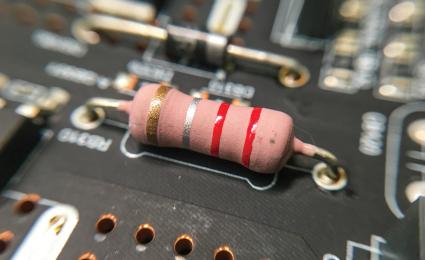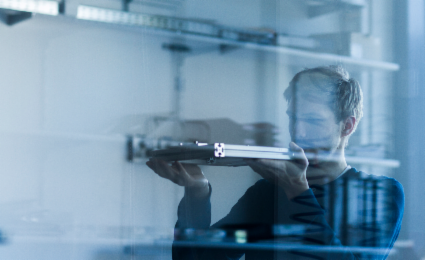Solutions to enable automotive, industrial and other technology companies to benefit from the latest technological innovations and proactively adapt their business models, strategy, organization and processes.


Quantum sensors are a quantum leap for sensing technology
The new degree of measurement accuracy paired with economic benefits demonstrates a steep growth path for quantum sensors
Recent quantum innovation has improved the accuracy and limits of current sensor technology, according to new research by Roland Berger. This will have a big impact on field sensors, microscopy, atomic clocks, positioning systems, mineral prospecting, and seismology among others.

"Quantum sensors make previously invisible measurements visible, and therefore present a significant enhancement in both research and business applications."
Co-Authors: Carina Kiessling (Project Manager), Alexander Heuer (Project Manager)
A new era of quantum technology has arrived. Known as “quantum sensing,” the field applies the design and engineering of quantum sources and their measurements to improve overall sensing capacity and accuracy. According to the latest research, these new quantum devices will improve measurements in superposition, atomic clocks, superconducting interferences, and nuclear magnetic spectroscopy to name a few.
But it’s not just technology for technology’s sake. Quantum sensors will improve a wide variety of industries, including automotive (remote sensing and magnetometry), aerospace and defense (positioning, navigation, and timing), bio-medical and chemistry technologies, and general telecommunications. These new sensors are expected to revolutionize meteorology, environmental technology, and rescuing and evacuation systems.
Consequently, first mover advantages are currently in play. In fact, we are already tracking billions of dollars in global R&D investments as the startup landscape quickly grows. Major technology and sensor companies are heavily investing in-house and with outside partners to get a leg up on the competition. While leading players have understood the need to explore quantum sensor applications before, new designs, manufacturing paths, and business models have recently accelerated. And they have done so rather quietly when compared to the attention that quantum computing has garnered in recent years.
Either way, quantum sensing is here to stay. Here’s everything you need to know about the latest research and applications.
Industry overview
In terms of recent developments, regional government investments are leading the charge of quantum sensors. For example, Germany’s Fraunhofer Gesellschaft Quantum Sensor Program works closely with local university biomedical researcher to explore opportunities of using quantum sensors to improve medical understanding and treatment. Similarly, the UK’s "Gravity program” is using quantum sensors to improve the exploration and safety of terrestrial mines.
From a conceptual technology perspective, quantum sensors offer the possibility to measure physical parameters such as inertial forces, magnetic or electric field strengths, atomic time, and temperature parameters. They measure more efficiently than conventional sensors by leveraging the quantum properties of a system, thus converting the tiniest physical signatures and signals into groundbreaking insights of increasing relevance to dozens of industrial and research applications.
Contemporary quantum sensors can be distinguished into two classes. First, they provide new information that was previously not accessible by non-quantum-based (i.e. conventional) sensors. Second, they offer cost, size, and weight advantages over current sensor technology, while providing higher fidelity measurements when compared to classic sensors.
In short, they are a win-win for sensing technology.
"Quantum technology is here and now. We are already tracking billions of dollars in global R&D investment. "
Use case viability
While quantum sensors can be applied to a broad range of industries, there are two in particularly that immediately benefit. The first involves detangling the current dependency on GPS or Galileo Positioning for accurate location services. The main question examines how to navigate vehicles, s.a. airplanes or a military vehicle in a harsh, remote, or currently unsupported GPS environment, such as underwater or underground where satellite signals are unavailable. In short, GPS limitations and outages pose major threats to autonomous driving and aerospace applications.
Enter quantum sensors, which allow for inertial and high-precision positioning without the need for GPS. In fact, the idea is already technically feasible, as recently proven by CNRS researchers. Thus, quantum sensors can have a marked improvement in positioning systems (either standalone or in concert with conventional GPS).
Another cornerstone application comes from quantum magnetometer sensors used in biomedical engineering. Researchers of the Fraunhofer Institute for Applied Solid State Physics have shown how changes in magnetic field shifts, induced by electron spins, can be made visible through changes of brightness and thereby detected by optical quantum sensors. With this technology, new MRI technology can improve cancer diagnosis by a sensitivity factor of 10,000 when compared to conventional scans. That’s a powerful promise to what quantum sensors will soon bring to medicine.
That said, broader integrations of biomedical quantum sensors are still limited by instability issues. In order to be more commercially viability, stable measurements must improve, something researchers expect within three to four years.
Looking ahead
Compared to other quantum technologies (i.e. quantum computing, simulation, or key distribution), quantum sensors are the most commercially viable application among current technology. Although traditional sensors already offer precise measurements, the new degree of insights and measurement accuracy paired with economic benefits demonstrates a steep growth path for quantum sensors in the market. Given its recent funding and developments, we expect quantum sensors to revolutionize the test, inspection, and certification industry in the coming years.
Of course, challenges remain. Future quantum sensors must be deployable and robust enough to withstand the harsh environments found outside of laboratories. And their architectures must be integrated with existing systems. Moving forward, collaboration between quantum sensor developers and providers will be paramount to allow for real-life applications. Either way, use cases will mostly likely first occur in defense, medical, and automotive industries (e.g. autonomous driving , aircraft integrity monitoring, and biomedicine).
To that end, Roland Berger is focused on helping our clients navigate the quantum technology and sensor landscape while advising on the necessary preparations. We believe companies must act now to make the most of this powerful technology and avoid being left out.
While the disruption might take several years, quantum sensors will have a severe impact on the future of conventional sensor technology and the measurement industry in general. Consequently, evaluating your readiness and formulating a quantum-driven strategy is the utmost importance. Roland Berger is ready to support in every step of the way. Thank you for considering us.

